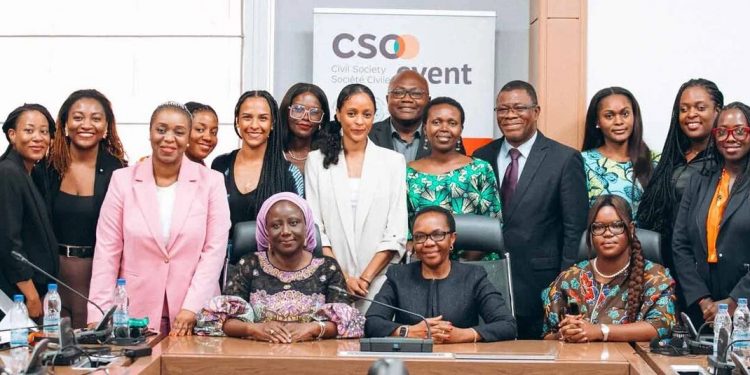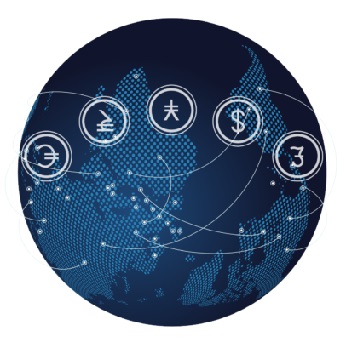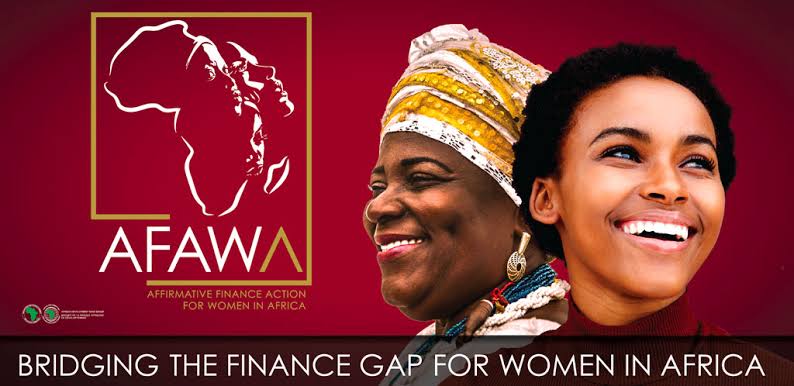The African Development Bank (www.AfDB.org) launched a project on 26 June aimed at mapping 160 women entrepreneurs’ associations in 16 African countries.
The mapping project, supported by the Bank Group’s Affirmative Finance Action for Women in Africa (AFAWA) (htps://apo-opa.co/3Y8HxWX) initiative and Gender Equality Trust Fund (GETF), aims to strengthen the associations’ visibility, improve their institutional capacities, and facilitate access to financing.
By supporting this initiative, the Bank has taken an important step in its commitment to supporting African women entrepreneurs, promoting women’s economic empowerment and boosting inclusive growth in Africa.
The Bank’s Vice-President for Agriculture, Human and Social Development, Beth Dunford, officially launched the project at a ceremony in Abidjan attended by several associations, umbrella organizations and coalitions of women entrepreneurs, alongside about two hundred others who joined virtually
“The African Development Bank’s Action Plan for Engaging with Civil Society 2024-2028 illustrates our commitment to inclusivity, transparency and accountability,” stated Ms. Dunford, in her opening speech.
The project will also help to promote collaboration and networking. “Associations of women entrepreneurs are catalysts for reforms and innovations that support female entrepreneurship and facilitate women’s access to the economic resources they need to realize their full potential,” said Zeneb Touré, head of the Civil Society and Community Engagement Division at the Bank.
Ms. Dagou Yvonne Nivine Gadji, representing the SEPHIS Foundation – which facilitates access to Bank funding for women-led SMEs in sub-Saharan Africa – emphasized that the associations identified for the mapping project would be “catalysts for reforms, a boost to women’s empowerment and a crucible for building the capacity of several other networks of women entrepreneurs.”
Jacqueline Tientcheu, President of the Federation of Women Entrepreneurs Organizations in Central Africa (FOF-AC), said, “We are truly concerned about the issue of access to funding. However, it’s very difficult in Africa, because most women don’t have a guarantee for raising the funds they need. There are microfinance organizations that support women, but their interest rates are very high. We think that the AFAWA programme, through the Gender Equality Trust Fund (GETF), can help us.”










